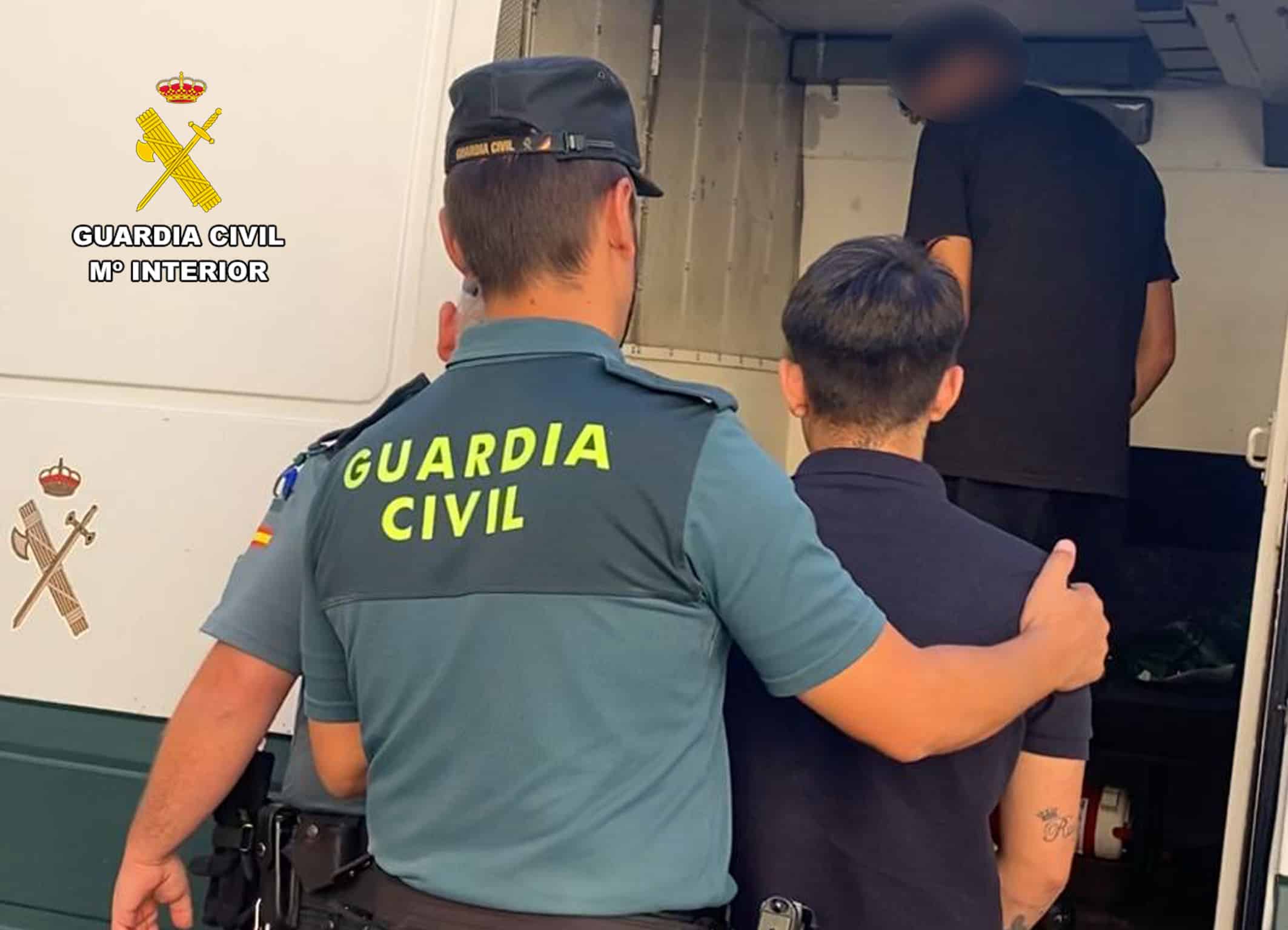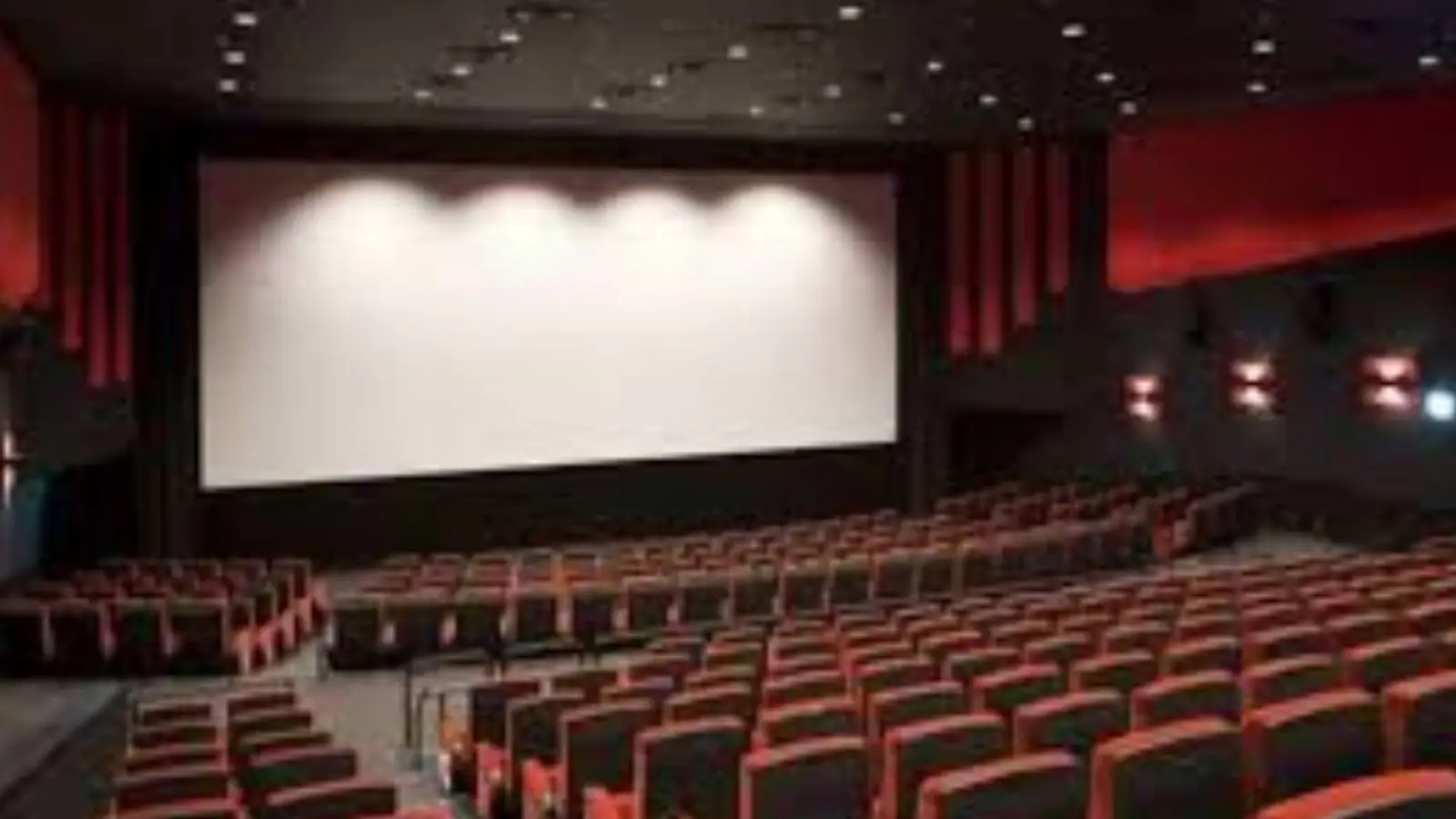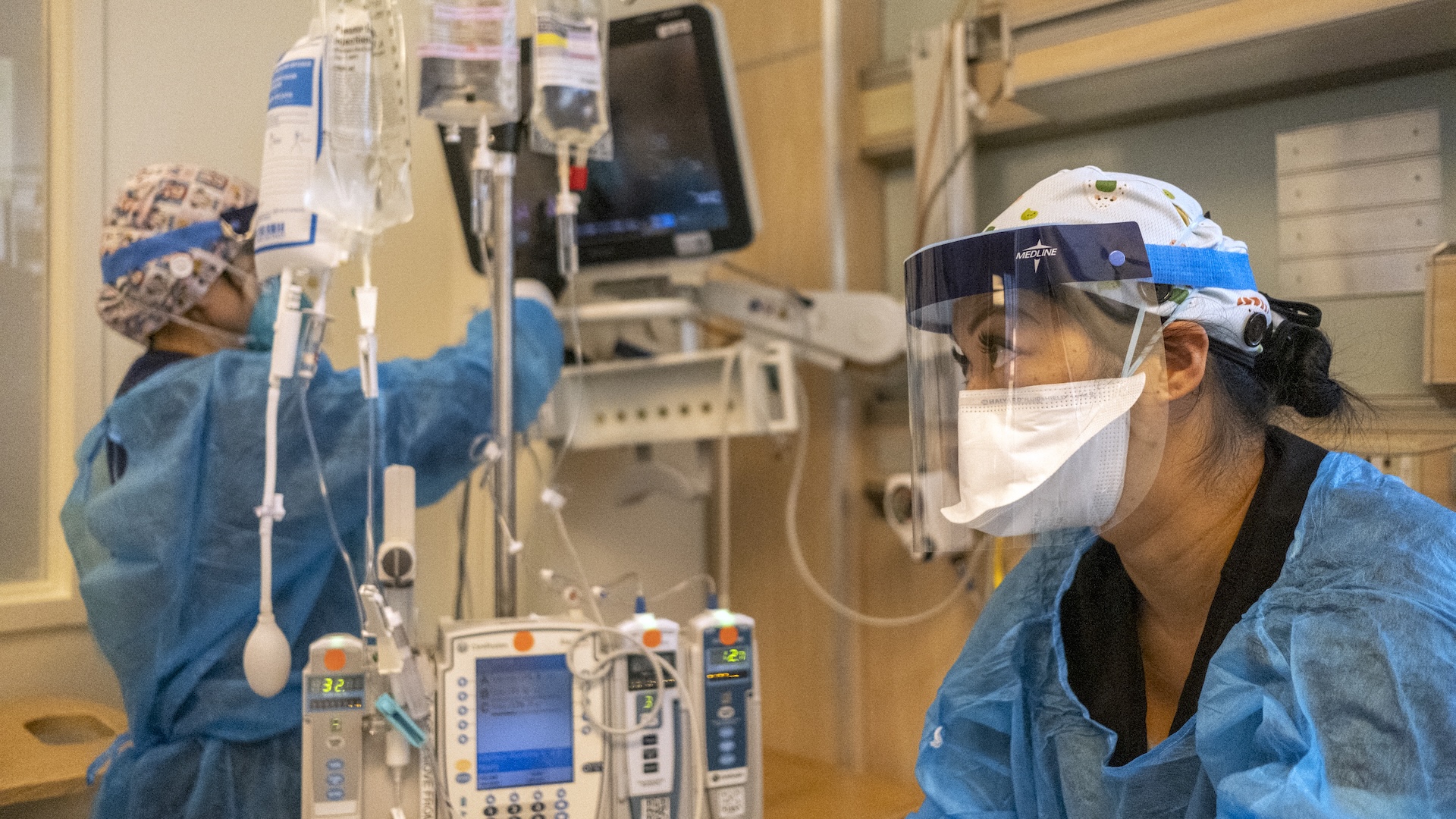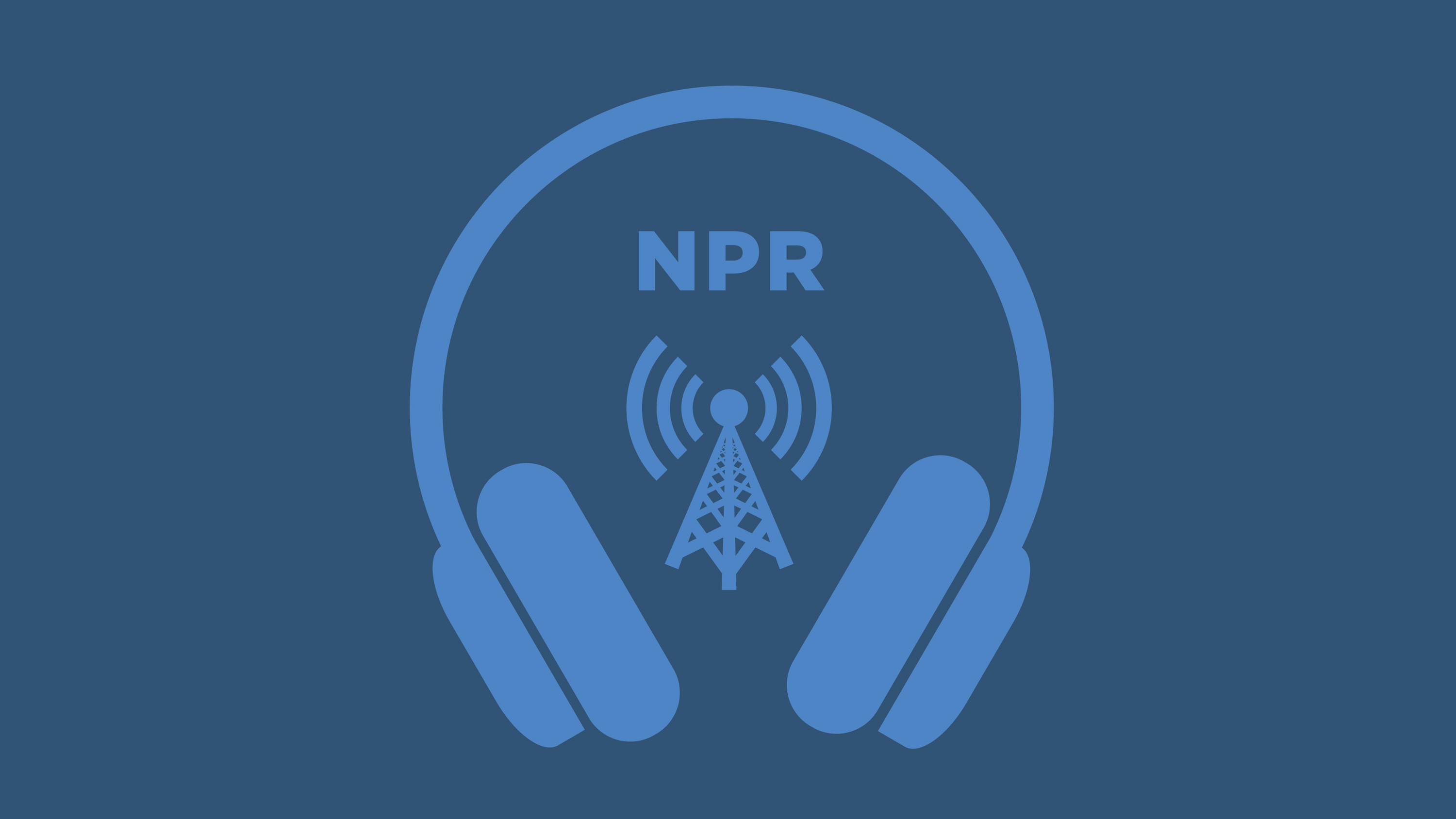By Costas Venizelos
Copyright philenews
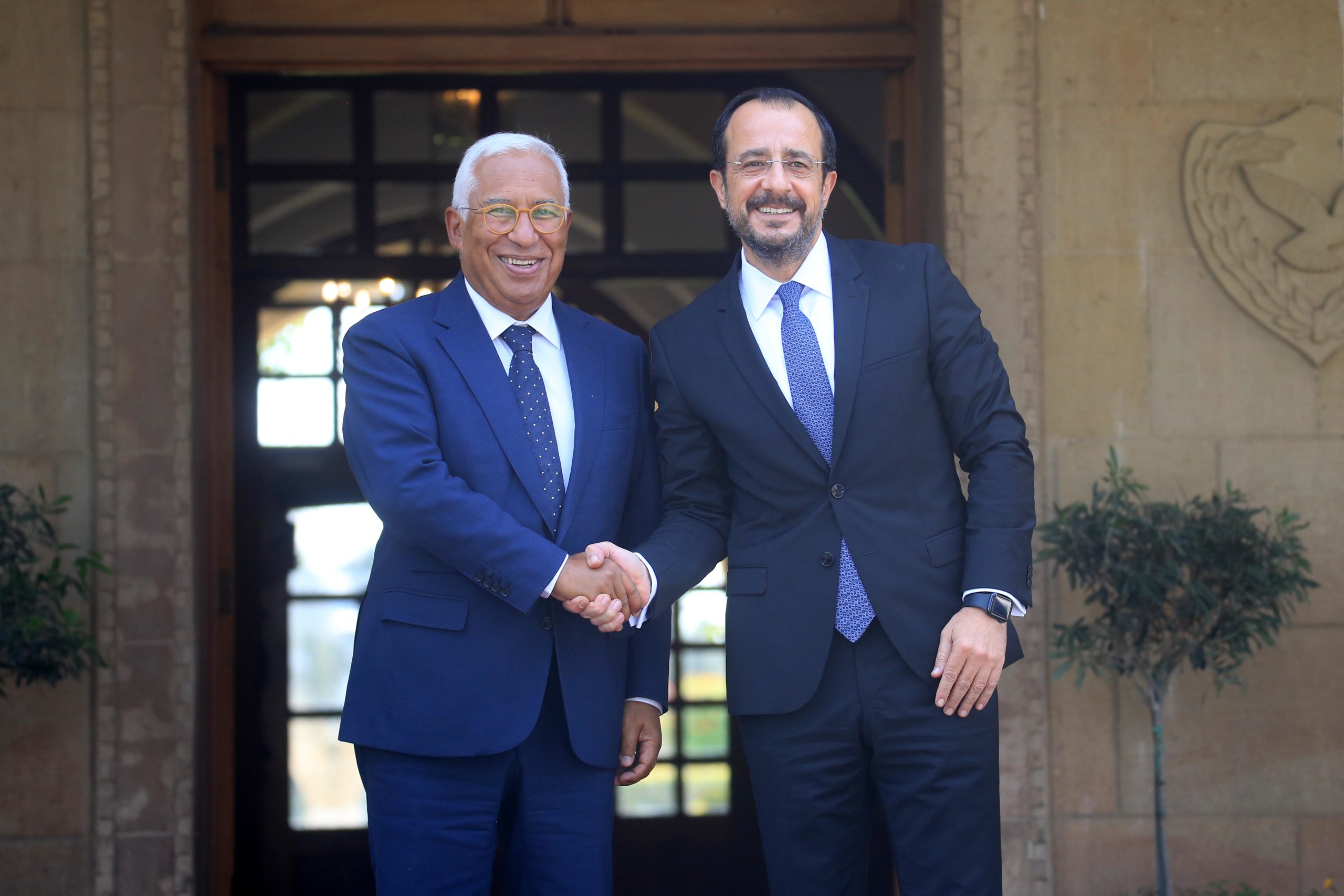
Why would the wolf want to guard the sheep?
In this case, the wolf is occupying Turkey and the sheep are the EU member states. As is well known, the EU has recalled the need to upgrade its defence capabilities and shield its members from potential attacks. It proceeded to formulate a regulation, the well-known SAFE programme, which concerns measures to strengthen the European defence industry through a Commission lending mechanism to member states.
Beyond this, efforts are being made to expand this initiative with third-country participation, with occupying Turkey in the frame. Key European players and others want this for their own reasons. For reasons that everyone can understand, both Turkey and NATO want Turkey included in the European SAFE mechanism.
According to a Brussels correspondent report in Athens’ Kathimerini, NATO Secretary-General Mark Rutte met with EU ambassadors at the Union’s headquarters last Thursday and positioned himself indirectly but clearly in favour of Turkish participation in the European defence mechanism. The report notes that Rutte’s presence at a meeting of EU permanent representatives (Coreper) – which is unusual – was timed to coincide with the Commission’s confirmation that Ankara had submitted an application of interest to participate in the SAFE programme.
It is evident that efforts are being made to find a way for Turkey to participate. Incidentally, Turkey has already taken steps through its participation in European companies active in the defence industry sector. In other words, it is trying to enter through the back door and sell weapons to the Europeans.
But can Turkey participate? There are objections as well as strong views in favour of involving the occupying power. European Council President António Costa, during his visit to Nicosia last Monday and later to Athens, without naming Turkey (though this was clearly his reference), set out the general framework, stating publicly that SAFE “is open to third countries, but to third countries that do not pose a threat to the security of any member state. States that attack or threaten the security of a member state cannot be allowed to use SAFE. And for SAFE to be used by a third country, it must sign a defence agreement that must be approved by all member states.” Therefore, it cannot participate.
The Greek Prime Minister made statements along similar lines, defining Athens’ position by saying that “countries that threaten war against Union countries cannot participate” – referring to Turkey without naming it directly. He stops short of naming Turkey directly, for reasons related to Athens’ broader stance towards Ankara’s expansionist policy. He consistently operates within an appeasement logic.
President Christodoulides referred directly to Turkey when answering a question, pointing to the need for unanimity among all 27 for any agreement with a third state. He indicated Nicosia’s position, saying “we cannot fund or provide EU resources to third states that threaten EU member states.”
Clearly the wolf is circling and has supporters, including NATO and likely Washington. However, there are safeguards that can and must be utilised. There may be significant money at stake for Turkey, but when you let the wolf guard the sheep, the outcome is predetermined. Moreover, since Turkey continues to occupy Cypriot territory and threatens Greece, it cannot pass through the SAFE gateway. Unanimity is required, which does not exist and will not be achieved as long as Turkey occupies territory in Cyprus.
